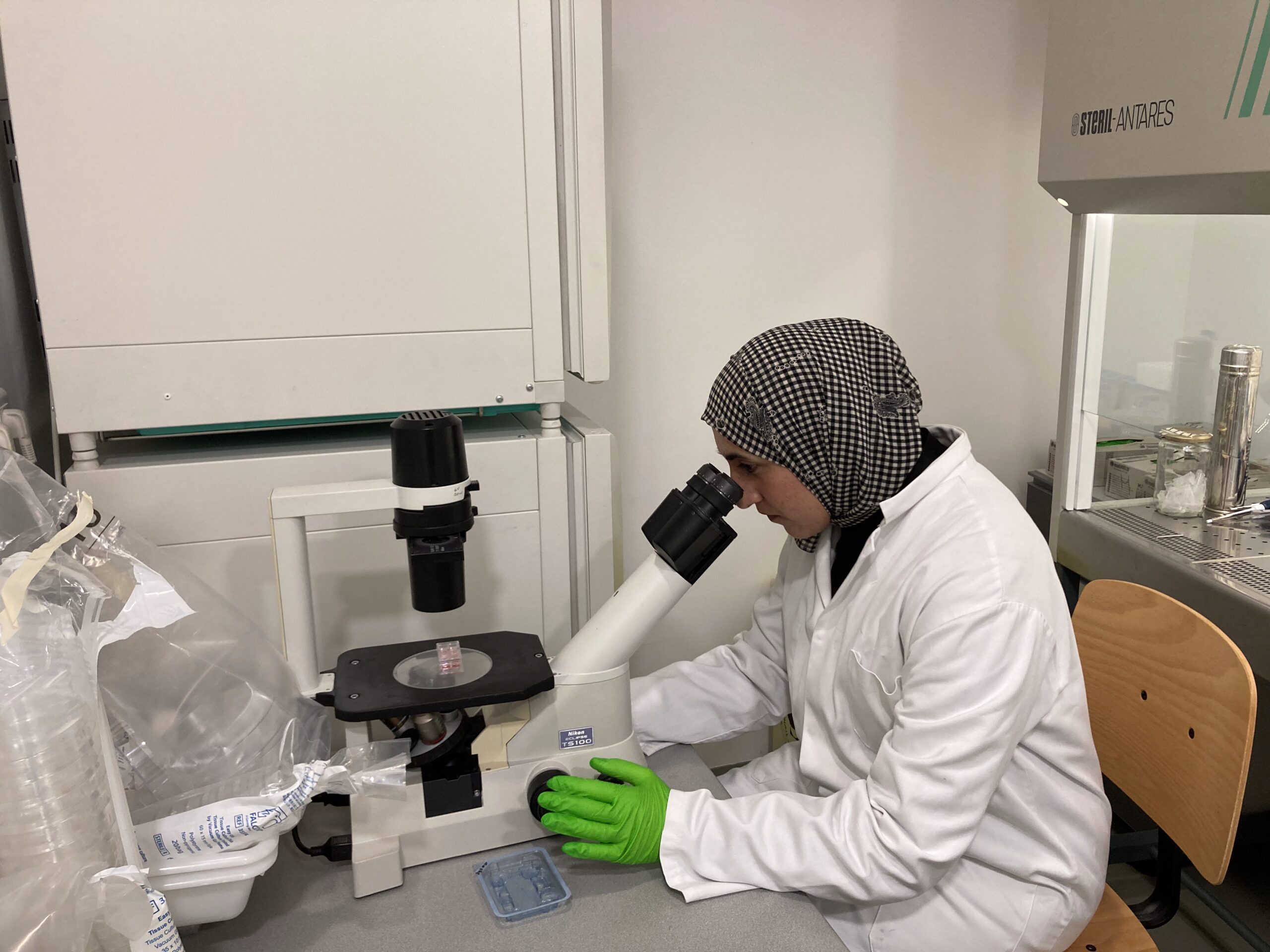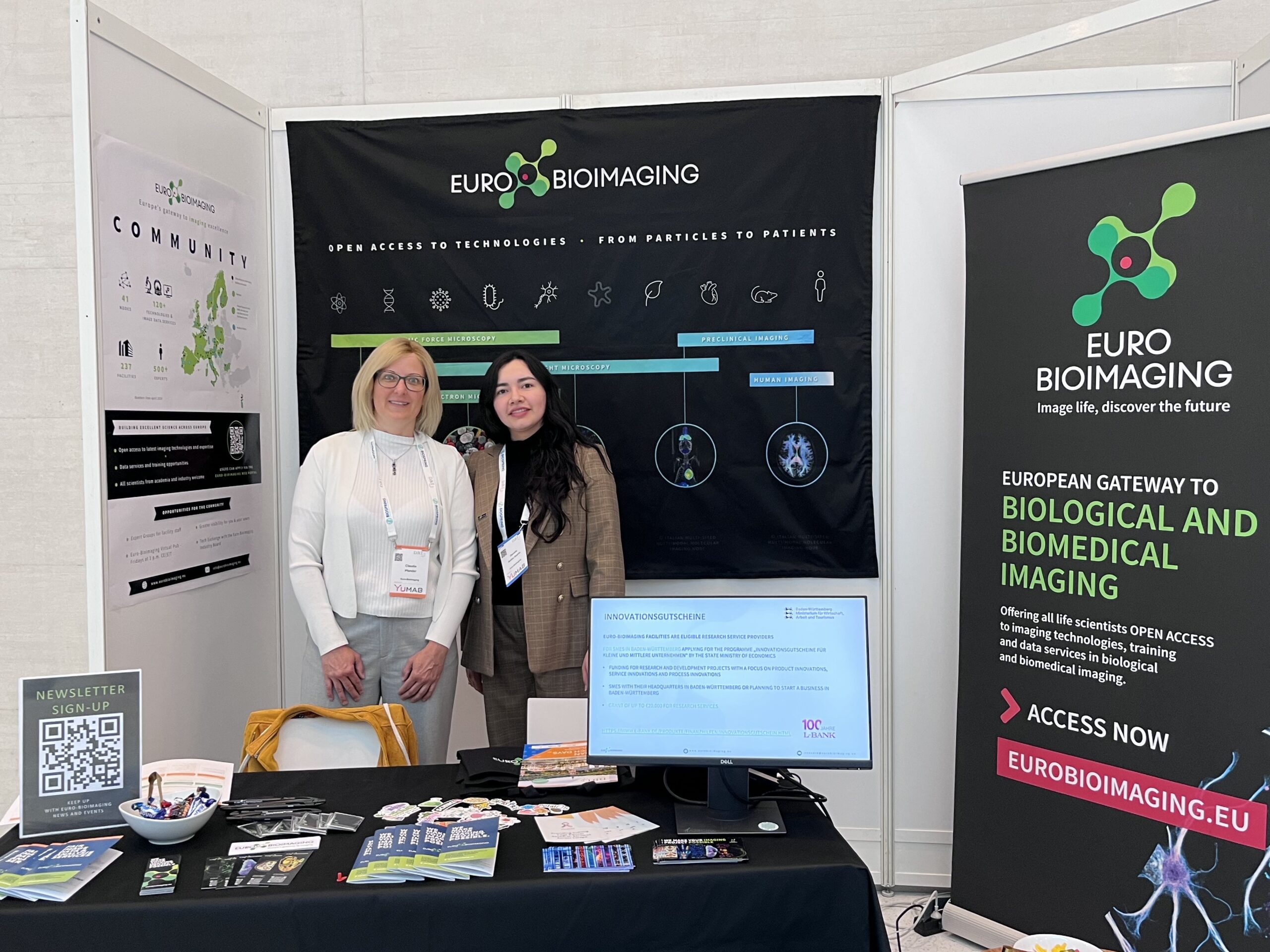
Perspectives on remote access for animal research projects
To make imaging technologies more accessible, and with respect to climate and sustainability considerations, many Nodes within the Euro-BioImaging family have developed the capacity to offer remote access to imaging technologies and expertise. While remote user access can be rewarding, because it enables research projects that would otherwise not be undertaken, such projects come with their own set of challenges. Marja Lohela is an intravital imaging specialist working at the Biomedicum Imaging Unit at the University of Helsinki, a core facility that is part of Euro-BioImaging’s Finnish Biomedical Imaging Node. She was recently involved with a remote access project funded by ISIDORe. In the article below, she shares her experience, providing insights into - and solutions to - some of the challenges of running a remote user project.
Written by Marja Lohela:
At the Biomedicum imaging core facility, we are used to working with visiting scientists and helping them with their imaging projects, but this was the first time we performed an entire experiment without the researcher present on site. It was clear from the start that I could not manage a big in vivo experiment with a challenging timetable on my own, and being able to recruit a capable student was instrumental for the completion of the project.
Careful planning is key
A project conducted as a remote access service needs extremely careful planning beforehand. In addition to the detailed experimental plans written at the planning and application stages, Estefanía Calvo Alvarez, a researcher at the Department of Pharmacological and Biomolecular Sciences, from the University of Milan in Italy, prepared diagrams of the progress of the experiment, with daily checklists for all procedures, and gave us detailed instructions for handling the Leishmania tarentolae (Ltar) parasite cultures, sample collection, and other parts of the experiment that are outside of our normal imaging expertise. Constant communication with Estefanía was very important, because despite the most careful communication, one can never think of absolutely everything - and Biology always serves us with some surprises!
We had no experience working with parasites in the facility, and therefore taking on this experiment was both exciting and a bit nerve-racking, knowing that Estefaníacould not be here to make sure the Ltar cultures were handled exactly right to be as healthy as they were supposed to be for mouse infection.
In retrospect, it would have been extremely good if there had been enough time and resources to do some testing and piloting with Ltar, with a few mice and the imaging reagents to optimize everything for the final experiment.

The challenges
The biggest challenges with this experiment came with the timetable being delayed so much that in the end we were in a rush to get the experiment done. We learned that for a project like this, all preparations should be started earlier than you could ever think is necessary: it took a long time to get through the hurdles of obtaining the ethical license for animal experiments, vendors suddenly ran out of reagents that had earlier been available, reagent shipments took longer than expected, the student we recruited had to drop out… The laboratory space, equipment and supplies that are normally used by the imaging core facility are also very limited, so a collaboration with a local research group would have been helpful to gain easier access to these resources. Despite the careful planning, the workload was bigger than expected, and there were costs that we had not been able to anticipate as first-timers for this type of service.
... and the rewards
It was very exciting to be involved in such an important and interesting project, getting to know something about an entirely new field of research. It was also a great pleasure to work with Estefania, whose enthusiasm, clear scientific focus and careful planning really made it possible to conduct this project as a remote access service. This has also been a very useful learning experience for me about the management of such services, which will definitely benefit both me and the facility in the future.
To learn more about Estefanía’s experiment, read the article.
Going the extra mile
In conclusion, Marja Lohela and her team at the Finnish Biomedical Imaging Node really went the extra mile to enable this remote access user project, stepping out of their comfort zone to work with new samples, reagents and protocols. In addition, they bent over backwards to respect the tight deadlines that were imposed on them. The can-do attitude and dedication to enabling important science was really appreciated by Estefanía, as her project could not be undertaken locally and she was unable to travel at the time. Despite the challenges, Estefanía project was completed successfull, within budget and within the alloted timeline.
“Thank you, Euro-BioImaging, and in particular the FiBI Node, for your help!” exclaims Estefanía in conclusion. “I would really recommend Euro-BioImaging to everyone, because it has really been a great experience.”
More news from Euro-BioImaging


